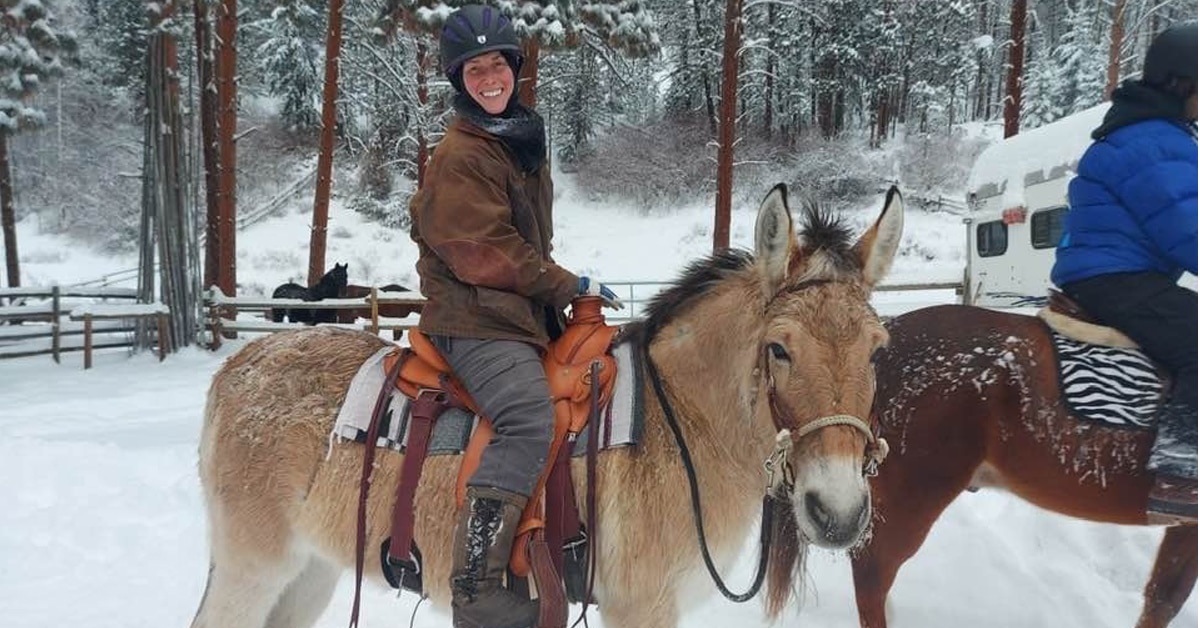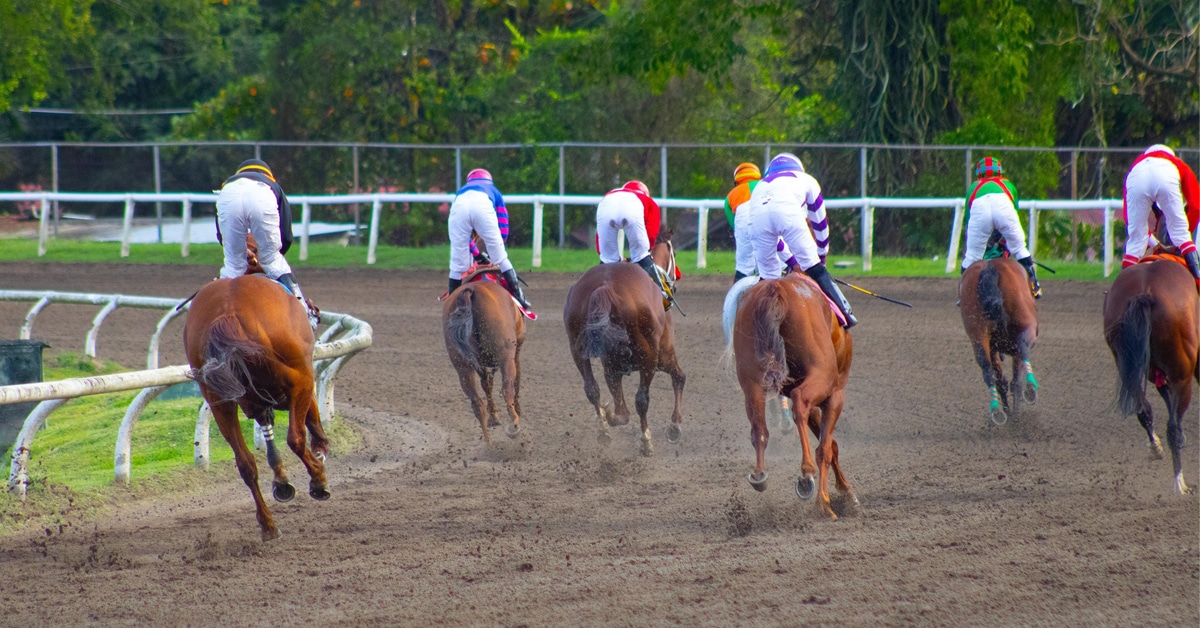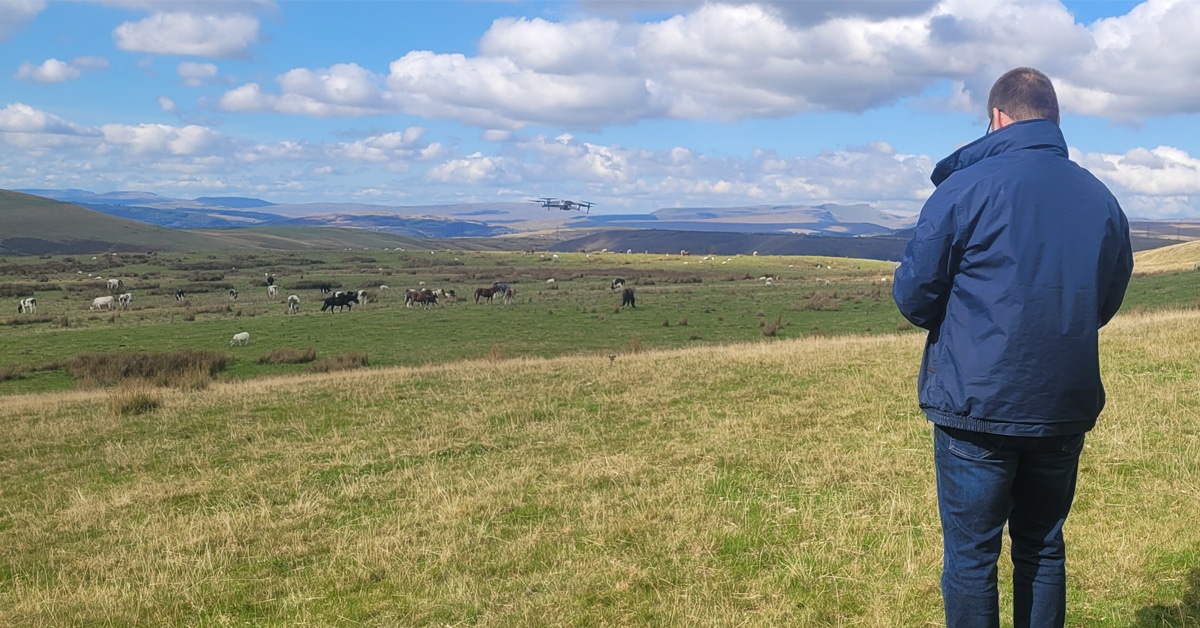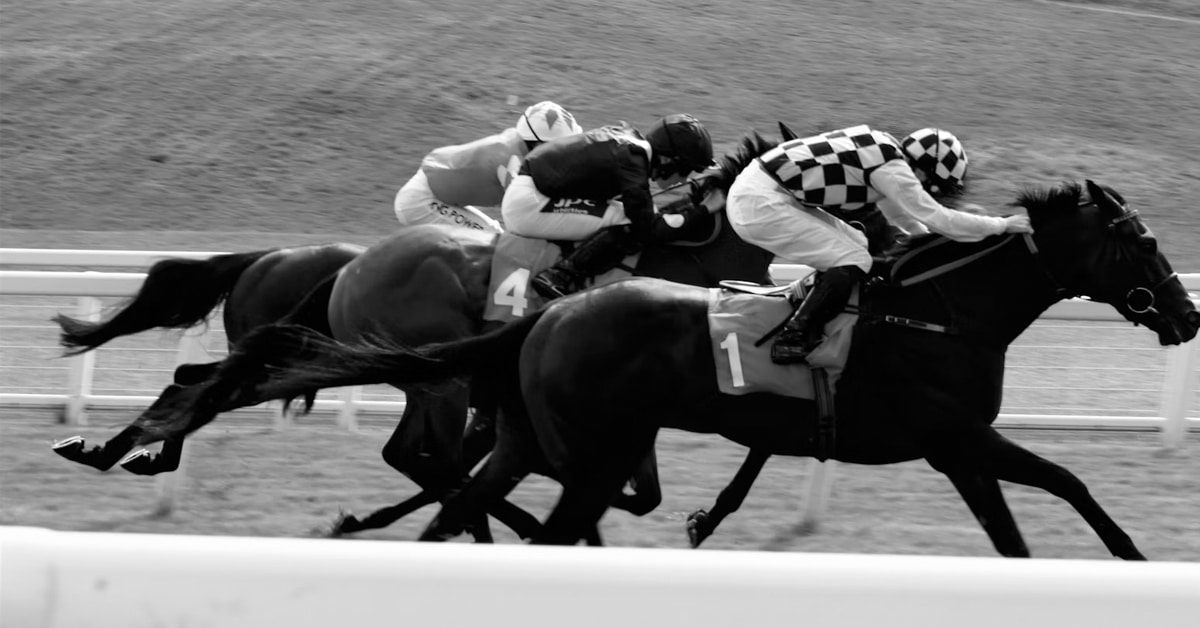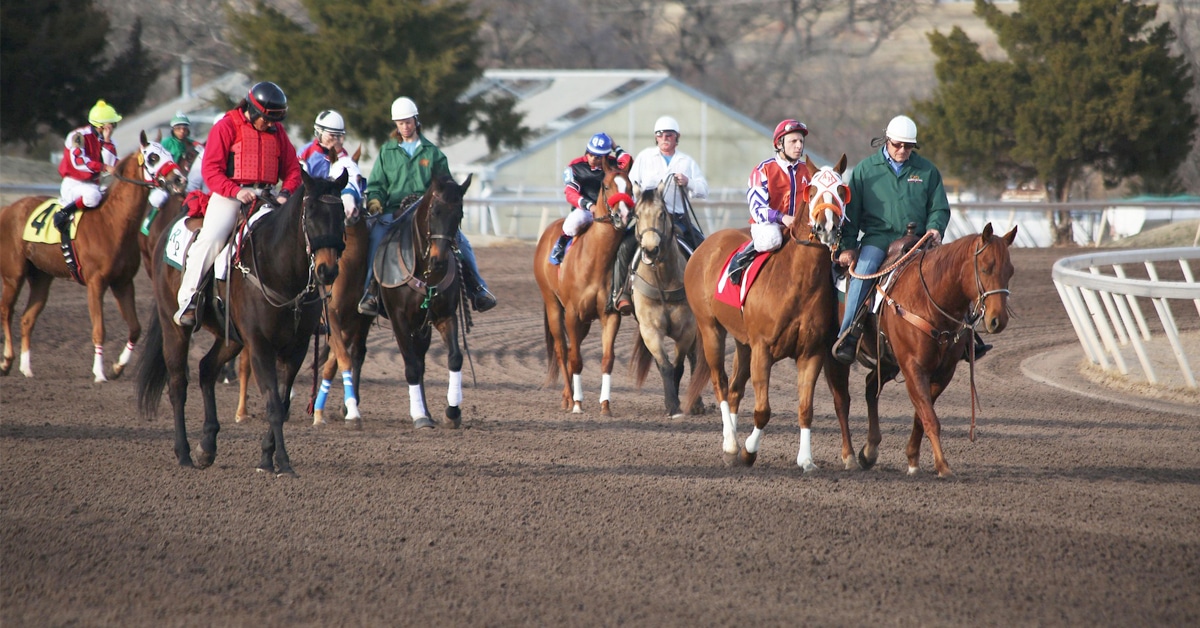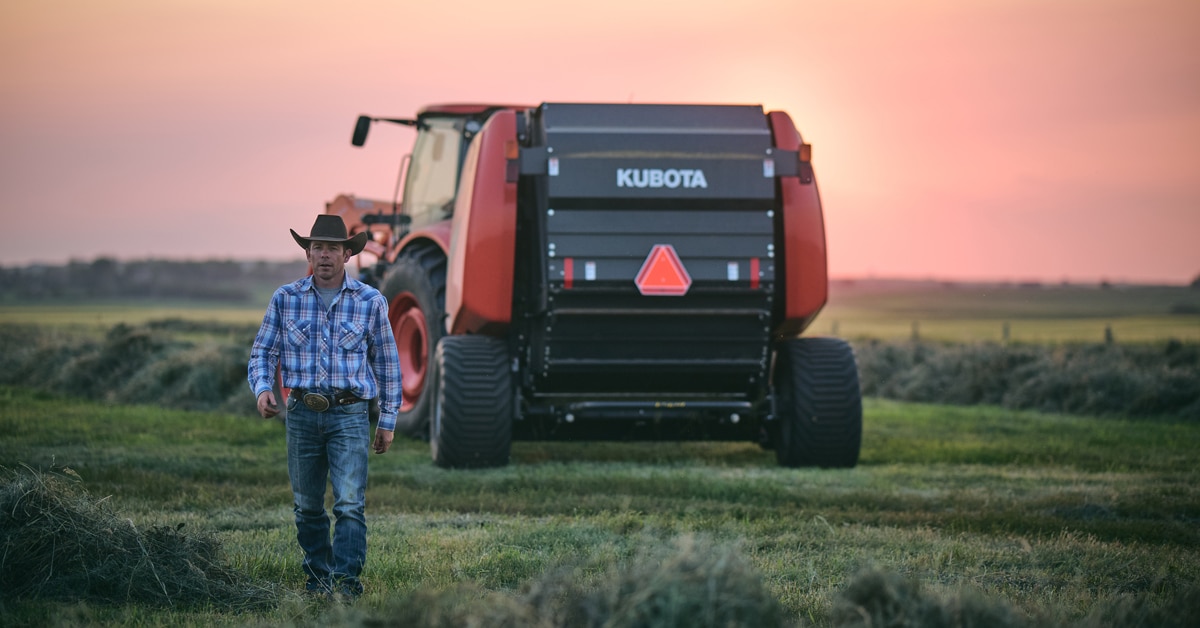You’ve lost your motivation to ride and you’re feeling frustrated with yourself as a result. When we feel unmotivated, we simply can’t initiate taking action and we feel like it’s out of our control. But in reality, motivation is within our control. It is tied to your thoughts, beliefs, and energy level.
When your motivation is high, you have more focus and determination. You find a way to make things happen. But if your desire to do other things (like stay in a nice warm house in the winter) is stronger than your desire to ride, here are 10 tips to help you recover your zest for riding.
1. Your Big Why
Why did you start riding? What benefits does your horse bring to your life? What are you grateful for? Take a few minutes to write down all the things you love about your horse and about riding and what they add to your life.
2. Make A Choice
Whether or not you ride is your choice. There are lots of ways to spend time with your horse without ever getting in the saddle. Maybe you really don’t enjoy riding that much (especially in the winter) and prefer to play with your horse at liberty, go for hikes with him, or teach him new behaviours with clicker training. Maybe you want to try a different discipline. What feels interested and exciting to you?
3. Achievable Goals
Having goals gives you a sense of purpose and direction. Your goals can be as simple as going to the barn three times a week, learning a new movement, or going on a weekly trail ride. Ideally, your goals should stretch you. So set goals are neither too easy nor too challenging. And break down all the steps towards your long-term goals to where you feel both challenged and capable.
4. Goldilocks Rule
We experience peak motivation when our goals and tasks are right on the edge of our current abilities. Not too hard. Not too easy. Just right. Just like Goldilocks’ choice of porridge.
- Too easy quickly becomes boring.
- Too far beyond your current capabilities becomes discouraging.
- Right on the border between success and failure is motivating
5. Create A Plan
Create a step by step-by-step plan for achieving your goals. The smaller steps become short-term goals or “milestones”. As you work towards and achieve each milestone, you stay motivated. As you create your plan, ask yourself:
- What resources do you need?
- What skills/techniques do you need to develop?
- Where can you get help?
Your plan isn’t set in stone. Adapt and adjust as necessary.
6. Dress For Success
It takes a lot of energy/momentum to get a resting object into motion. That’s what happens when you’re unmotivated. Set up systems that move you towards getting to the barn. Schedule horse time in your calendar. Put your riding/barn boots where you’ll see them. Get dressed in your riding/barn clothes. Arrange to meet a friend at the barn. (You won’t want to let them down, will you?) Once you’ve made the effort to get dressed, you might as well get in the car and drive to the barn. Once you’re there, you might as well groom your horse, maybe even tack him up and ride or do groundwork for 10 or 15 minutes.
7. Barn Buddy
An “accountability buddy” can help with your motivation – someone to ride with or simply be at the barn with while you work on your individual goals. Bounce ideas around. Cheer each other on. Your barn buddy should be like-minded, with similar goals and ability level. You can have fun together (and fun is a great motivator).
8. Rewards
Receiving extrinsic (tangible) rewards like ribbons, trophies, or buckles can be great motivators. Encouraging words from trainers, other riders, and friends can also give you a sense of accomplishment. Be sure to accept compliments with thanks instead of deflecting them. You can also reward yourself when you achieve a milestone or complete a challenging task. Give yourself a “Yay!” and a special treat.
9. Positive Self Talk
Your actions are a reflection of your thoughts. When you tell yourself you “can” do something you’re much more likely to be motivated to do it than if you say “why bother?” Talking about and to yourself in a positive way actually rewires your brain and increases the level of feel-good hormones. Positive thoughts lead to positive actions and better outcomes.
10. Recharge
Sometimes, you really do need a break to allow your body time to rest and heal, or allow your brain time to process new information. Your horse may also need time off for the same reasons – and to just be a horse. A change can be as good as a rest, as the saying goes. Try taking a lesson on a different horse or in a different discipline. Go hacking instead of doing arena work. Have a snowy day horse photo shoot. Be a spectator at a show or clinic. Or just have a lazy day and get a massage. (Check out some other fun ideas here.)
What motivates others may not motivate you. Take time to define your reason for riding, set goals that stretch you, and understand what motivates you (intrinsically and extrinsically). Increased motivation will benefit your riding and your partnership with your horse.
The Latest

